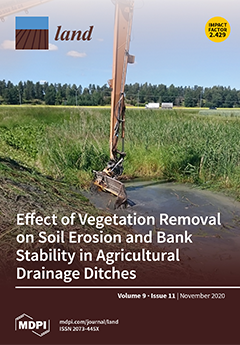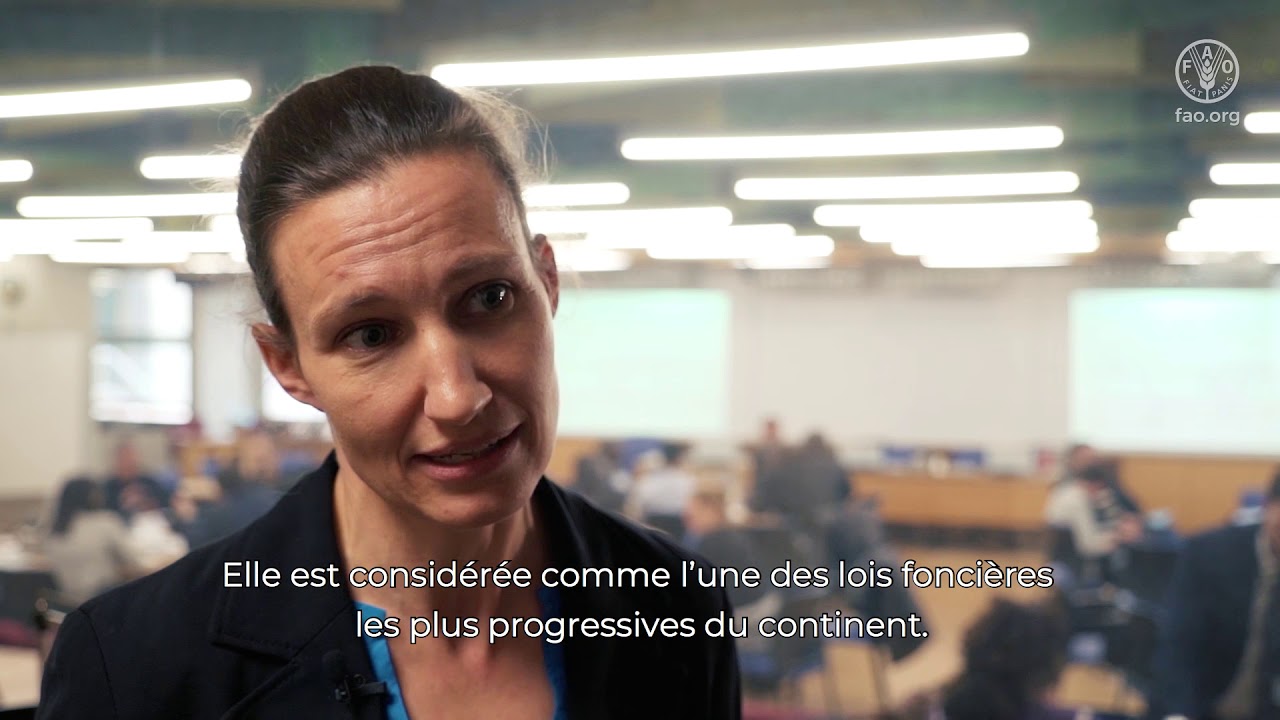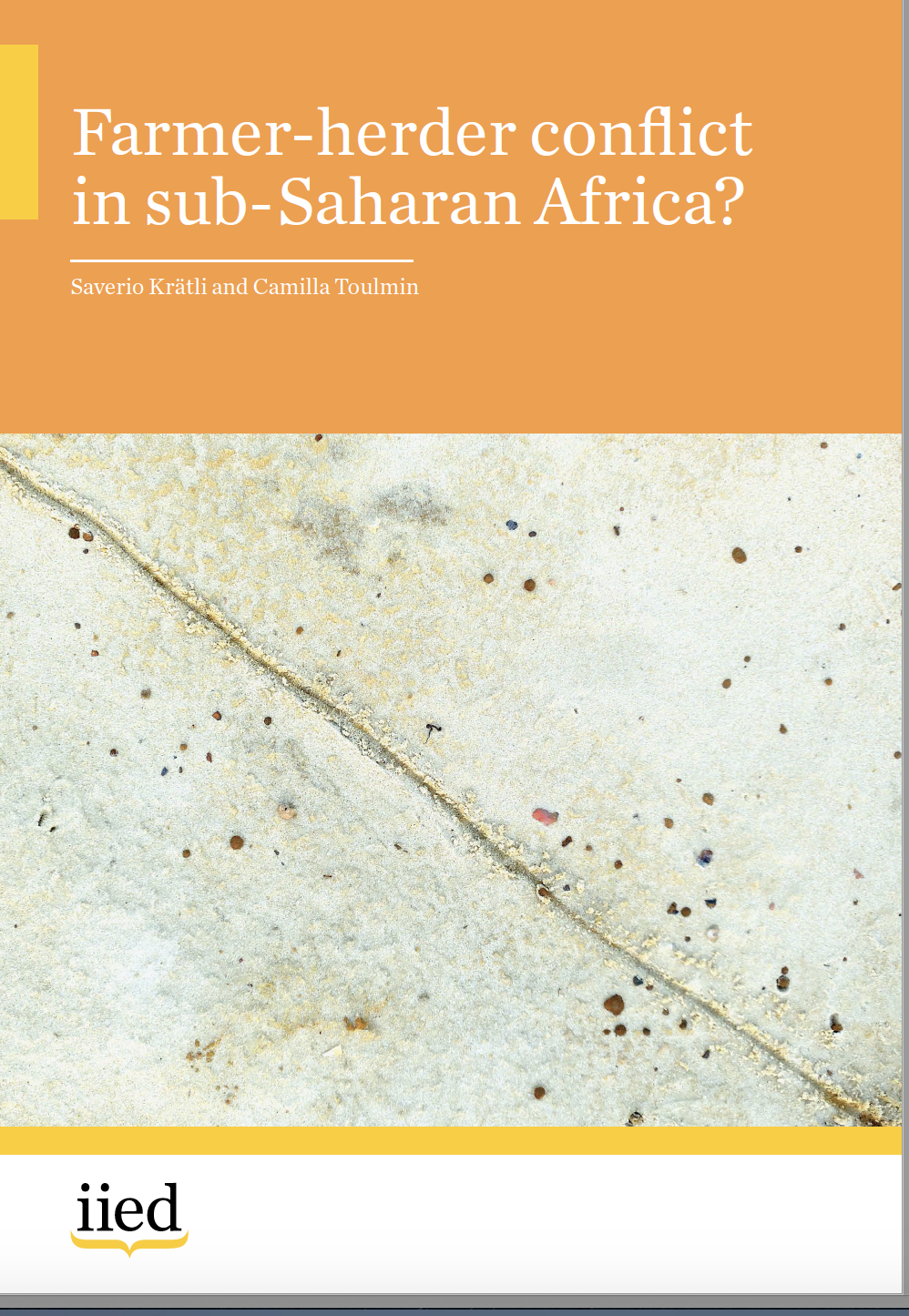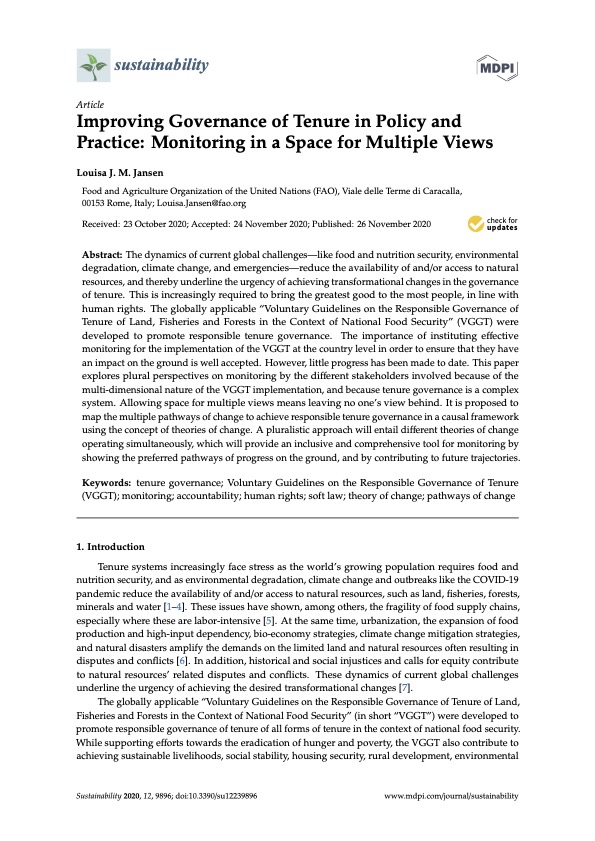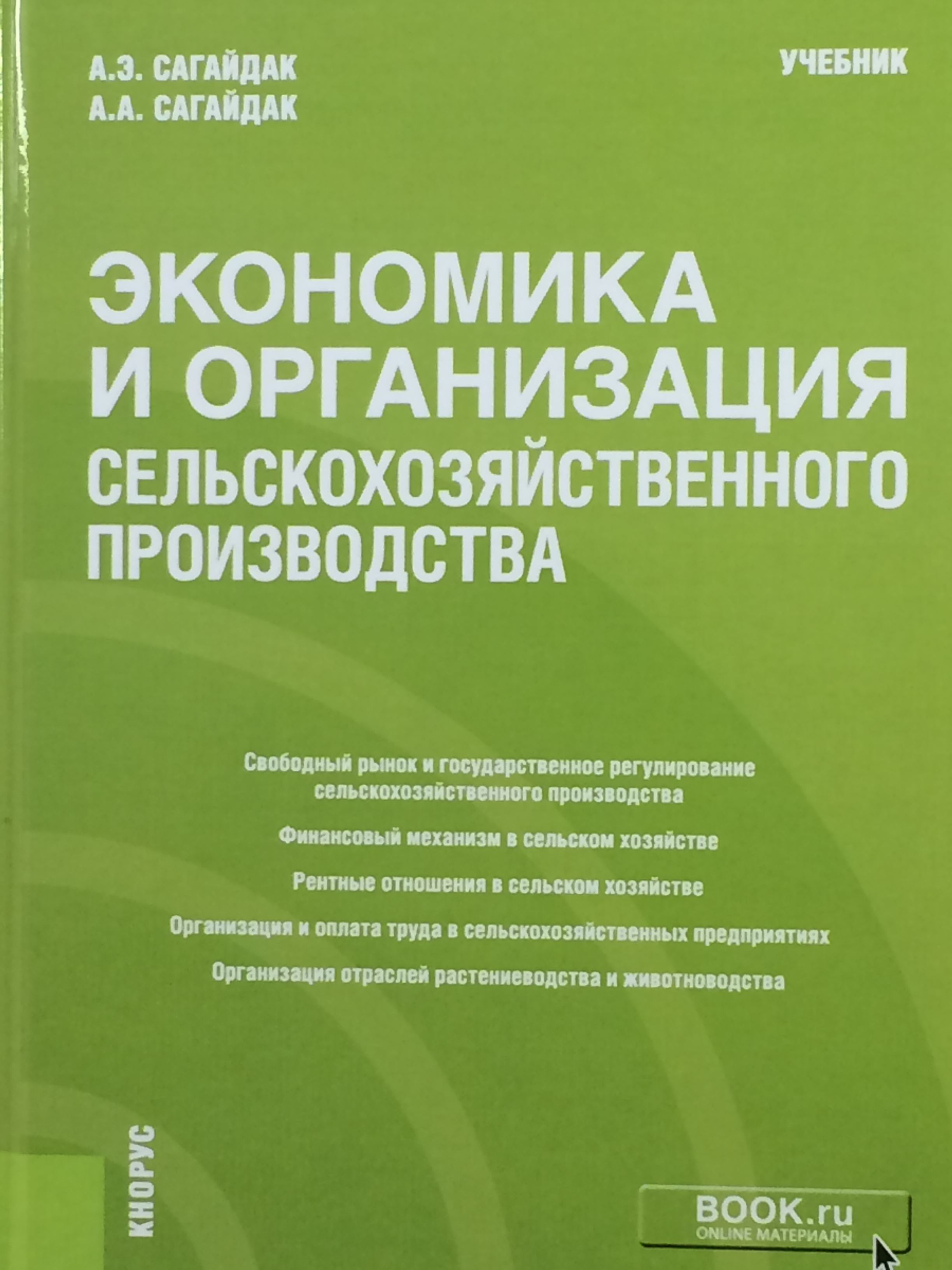Gender, Land and Food Access in Ghana’s Suburban Cities: A Case of the Adenta Municipality
The disparity in land and food access in Ghana often overlooks the possibility of an underlying gender disparity. This paper explores and interrogates the disparity between land and food access with respect to gender and the evolution of this relationship over the years as a result of the settlement expansion and urban growth within the Adenta Municipality in Ghana. Adopting a mixed pairwise approach of combining spatial analytical tools, vulnerability indexing and resilient indicators, the paper examines the levels and rates of land accessibilities within the stream of modern cities.

